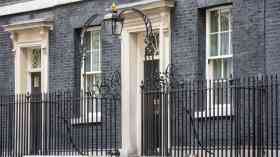New Act puts public at the heart of policing
This means decision-making on policing will move to communities, giving them the power to elect Police and Crime Commissioners.
Communities will now have a greater say in licensing decisions, with tougher powers for local authorities to restrict problem premises selling alcohol at night.
'The Police Reform and Social Responsibility Act is a landmark in the government's agenda to decentralise control and return power to the people' said
Police and Crime Commissioners (PCCs) will be elected in England and Wales in November next year and will represent all those who live and work in their area, identifying their needs and setting priorities that meet those needs. They will also have the power to hold the Chief Constable to account and influence force budgets.
Policing Minister, Nick Herbert, said: “The election of Police and Crime Commissioners in England and Wales in November next year will give local people a strong voice in how their communities are policed and provide a powerful boost to the fight against crime.”
Other measures in the Act include measures to give communities greater say over alcohol licensing to tackle problem premises; a stronger local influence on licensing allowing everyone to comment on decisions; introducing a late-night levy allowing councils to charge for licences to pay for extra policing; and immediate powers to temporarily ban the latest ‘legal highs’.
For more information
Web: http://services.parliament.uk/policereformandsocialresponsibility







